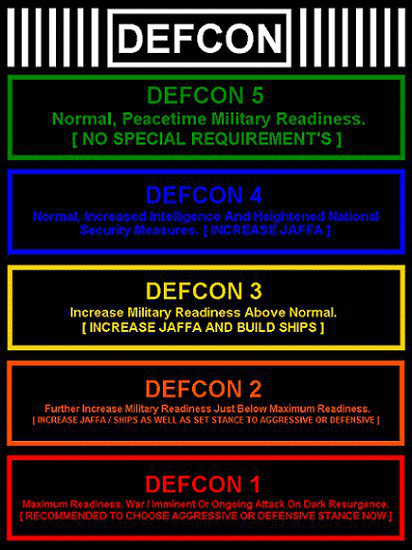

In his account, Arkhipov played down his role and how close the B-59 submarine commander, Savitsky, came to launching the submarine’s one nuclear-tipped torpedo. The risk was, Arkhipov added: “The commander could have instinctively, without contemplation ordered an ‘emergency dive’ then after submerging, the question whether the plane was shooting at the submarine or around it would not have come up in anybody’s head.

“The commander physically could not give any orders, could not even understand what was happening.”Ī US Administration official shows UN security council members an aerial view of one of the Cuban medium-range missile bases on 26 October 1962. In his account, first given in 1997 but published for the first time in English by the National Security Archive at George Washington University, the submarine’s commander, Valentin Savitsky, lost his nerve.Īrkhipov said one of the US planes “turned on powerful searchlights and blinded the people on the bridge so that their eyes hurt”. “Overflights by planes just 20-30 metres above the submarine’s conning tower, use of powerful searchlights, fire from automatic cannons (over 300 shells), dropping depth charges, cutting in front of the submarine by destroyers at a dangerously distance, targeting guns at the submarine,” Arkhipov, the chief of staff of the 69th submarine brigade, recalled. In a newly translated account, one of the senior officers on board, Captain Second Class Vasily Arkhipov, described the scene.

The most perilous moment came when one of those submarines, B-59, was forced to surface late at night in the Sargasso Sea to recharge its batteries and found itself surrounded by US destroyers and anti-submarine planes circling overhead. In October 1962, the US sent its anti-submarine forces to hunt down Soviet submarines trying to slip through the “quarantine” imposed on Cuba. Six decades on from the “world’s most dangerous day”, last week’s revelation that a Russian warplane fired a missile near a British Rivet Joint surveillance plane over the Black Sea has once more heightened concerns that miscalculation or accident could trigger uncontrolled escalation.


 0 kommentar(er)
0 kommentar(er)
